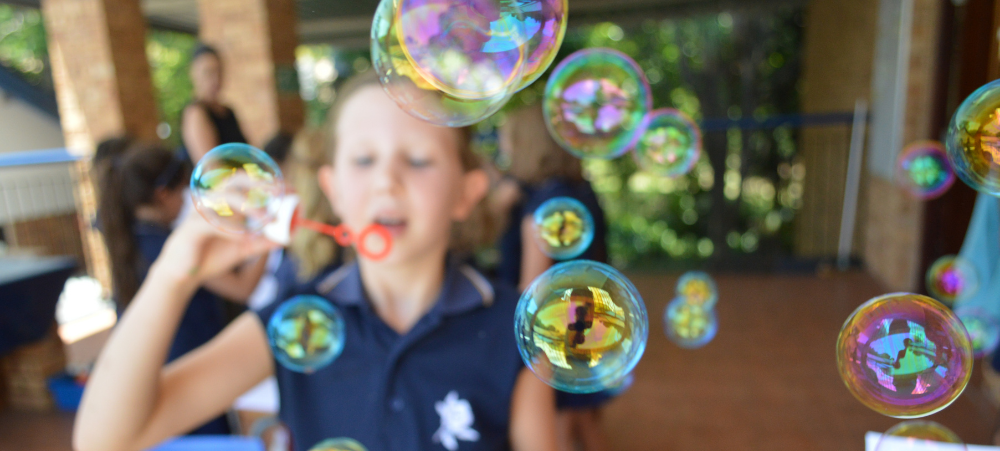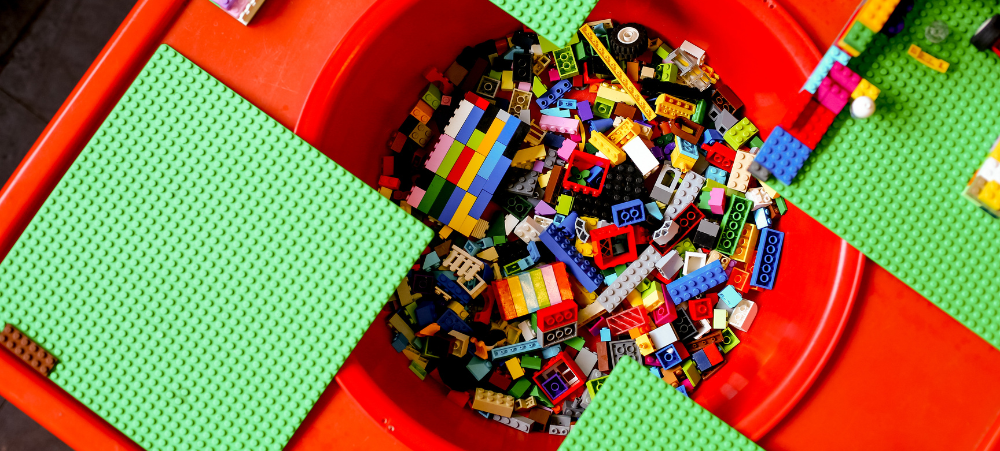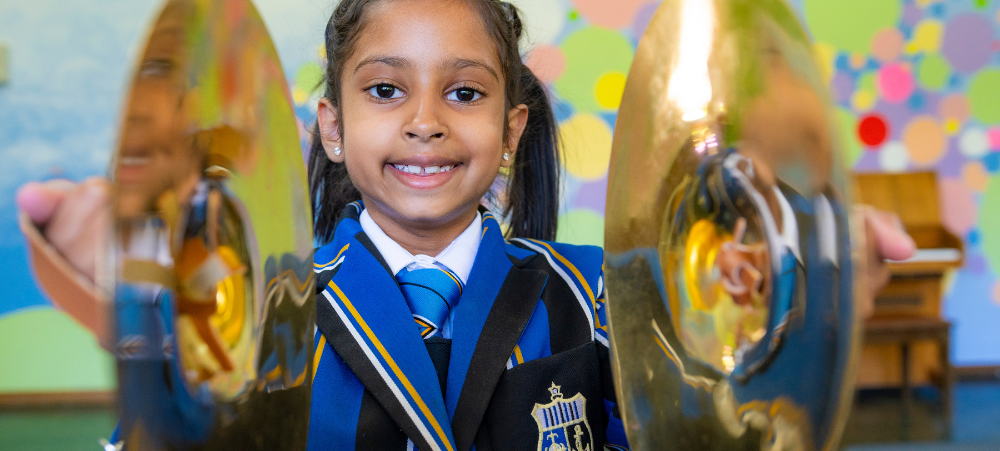Over the past 18 months we have noticed a worrying trend of parents choosing to take their young preschool children out of school, thinking that they can slot back into formal education once things return to normal. As educators and specialists in Early Childhood Development (ECD), we know that the stimulation and consequent growth of the brain, the body and the emotional heart, has an influence on every aspect of your child’s future life. Our advice to parents is to think carefully about what educational building blocks are necessary for their child’s overall development and how best to ensure that your child is in a stimulating environment where the young child’s needs are prioritized. There are no shortcuts when it comes to growth and development, and prioritising early childhood education now (from Grade 000) will set a solid foundation that will significantly impact your child’s success in Primary School, High School and later in life.
Why is early childhood education so important?
It is well documented that the first 2000 days (or 5 to 6 years) of a child’s life are critical to a child’s development: emotional, cognitive, social and physical. During this time the brain’s architecture is forming and the child’s physical environment has a huge impact on brain development. In the Foundation Phase of a school, we lay the foundations for future learning and for life. This begins with our little preschoolers in the ECD section of the school. The educators are experts on the various childhood development stages and their training and experience means that they can specifically provide what the child needs at crucial moments for their development.
How do young children actually learn?
Young children learn with their senses: sight, touch, sound, smell, movement and taste. Preschoolers learn through play and it’s important that they have the opportunity to play in a variety of ways all day, every day. Sometimes they learn with their hands, sometimes with their heads, and sometimes with their hearts. In order for brain development to occur, children need certain types of stimulation to create synapses or connections between neurons in the brain. As educators, we want to create plenty of opportunities for those synapses to be created because it helps children to fully understand and process the world around them. According to research by Dr Karyn Purvis, scientists have discovered that it takes around 400 repetitions to create a new synapse in the brain, unless it is done in play, in which case it only takes 10 to 20 repetitions.
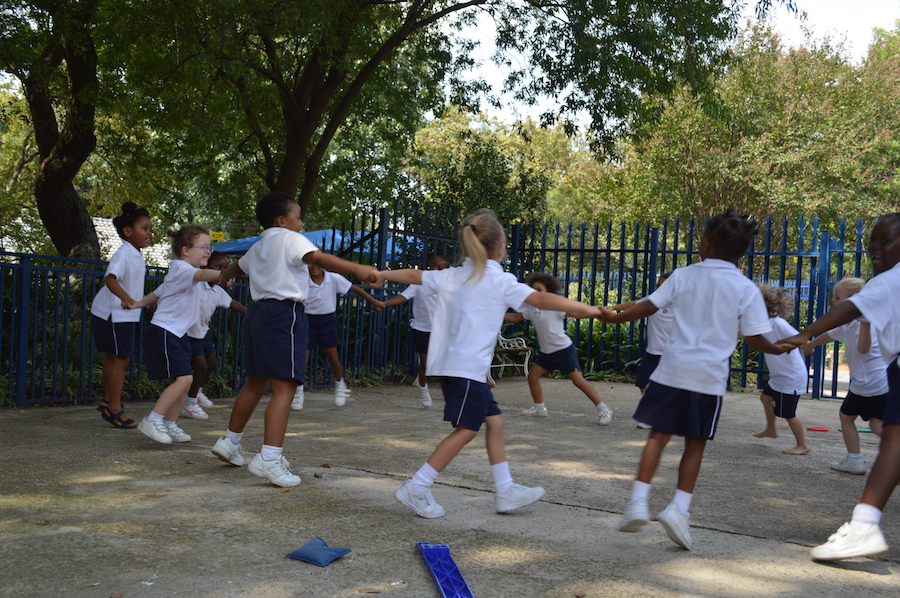
Let them make a mess. The messier the better!
For further cognitive learning to take place, the development of the child’s sensory system is vital. ‘Sensory play’ gives the child the opportunity to see, touch, feel, smell, hear and taste different things. Sensory play is often called messy play. Things used for messy play can be sand, water, mud, sawdust, grains, paint, dough etc. This play should be creative, explorative and experimental. When your child is interacting with these materials through messy play, disorganised information going into the brain throughout the play is then stored in an orderly manner within the child’s brain. In other words, letting children play in the mud literally helps their brains grow, and has a great influence on life-long learning.
“The messier a child is when she goes home, the happier I am as I know that her brain is being developed through the creation of new synapses in the brain.” ~ Lynne Elfick, Principal of the Junior Primary, St Teresa’s School.
Imagination, fantasy play and emotional development
Imaginative and fantasy play give children the opportunity for self-expression and to develop life skills to control impulses, to problem-solve and to make plans. By interacting and engaging with other children, in an environment where caring educators explain and unpack emotions, the child learns to understand different emotions and starts to have an understanding of her own emotions. This then leads to an understanding of others’ emotions, which allows her to respond in an empathetic manner. The young child learns to express her needs in an acceptable manner, to work collaboratively together, to listen to opinions, and to form her own opinion. Debating and negotiating, which are essential life skills, starts at a young age and needs to be guided by caring educators with good values and morals.
A happy child is a learning child
The child needs to form positive relationships, in a nurturing environment where the educators actively seek a positive connection with each child, allowing her the freedom to feel safe, loved and accepted. This influences the developing brain, and lays important foundations for emotional well-being. This in turn forms a stable and calm state for the brain, which is vital for learning to take place. Put simply, a happy child is a learning child.
A sound early childhood education gives your child a solid foundation for life
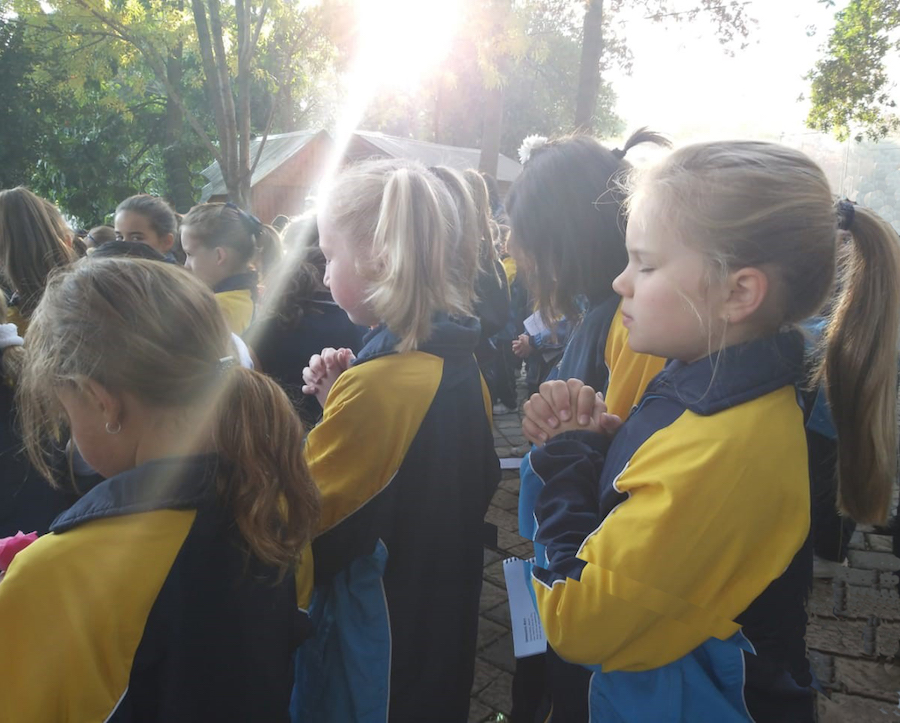
Right from our little ones in Grade 000, we encourage a love of learning by stimulating the child’s natural curiosity. The ‘what’ questions of the toddler are replaced by the ‘why’ questions of the preschooler. A good educator plans well, but then follows the curiosity of the children in her care. There are days where you look back at the end of the day and perhaps not much of what you had planned has taken place, but then when you reflect on what learning has taken place, you cannot help but be content that the children have been engaging with one another and have grown in wonder, curiosity and knowledge. We consider it a privilege to be the custodians of your child’s early childhood education and learning.
By Lynne Elfick
Principal of the Junior Primary
St Teresa’s School in Craighall Park, Johannesburg
At our Reggio-inspired Rosebuds Pre-Primary for 3–5 year olds, each day is filled with wonder, discovery and joy. From outdoor adventures and sensory play to creative exploration and shared giggles, we lay the foundation for lifelong learning through curiosity, connection and play.
Rooted in tradition and guided by strong Christian values, St Teresa’s School provides a unique, caring and empowering environment where girls develop confidence, lead with compassion and become courageous, capable young women of tomorrow.
Learn.Grow.Thrive.
- A Parent’s Educational Journey: From Uncertainty to Understanding - September 30, 2025
- Music is the Middle Ground Where Relationships are Built - September 26, 2025
- Habits of Mind – A Critical Thinking Programme - September 18, 2025

